

10:00 pm IST - 11:30 pm IST
Past Event
Content from the Brookings Institution India Center is now archived. After seven years of an impactful partnership, as of September 11, 2020, Brookings India is now the Centre for Social and Economic Progress, an independent public policy institution based in India.
Brookings India scholars on 1 March 2016 provided a comprehensive analysis of the Union Budget 2016 to members of the diplomatic community in New Delhi, covering implications of the Finance Minister’s policy announcements on macroeconomics, foreign investment, energy and environment, economic and social development priorities.
Some key insights from the briefing:
Rakesh Mohan, Distinguished Fellow, Brookings India
Vikram S Mehta, Chairman, Brookings India
Shamika Ravi, Fellow, Development Economics, Brookings India
Rahul Tongia, Fellow, Energy and Sustainability, Brookings India
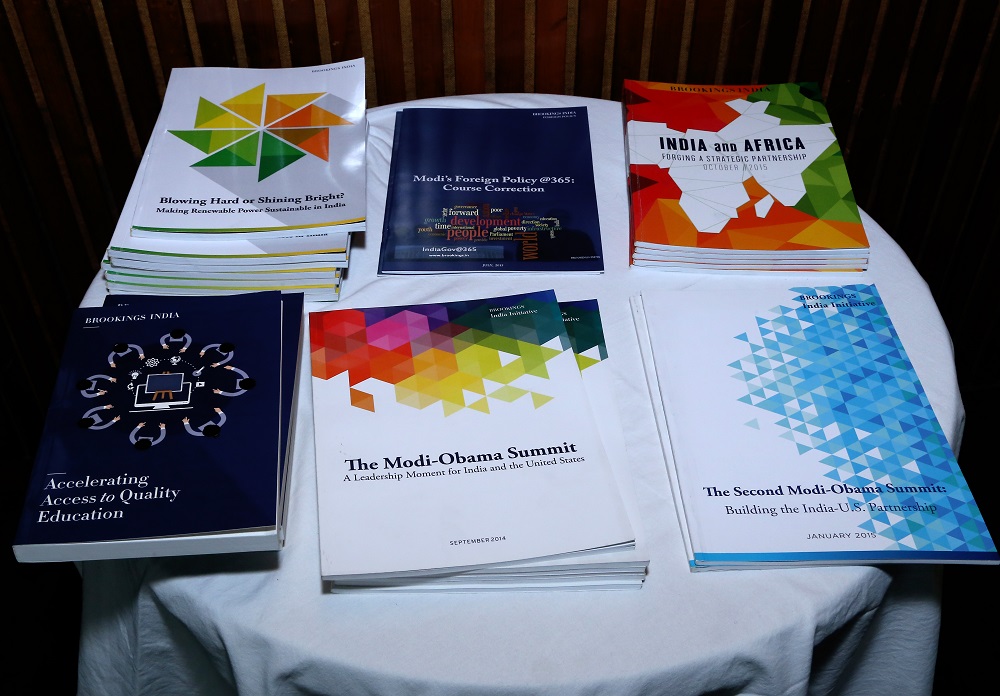
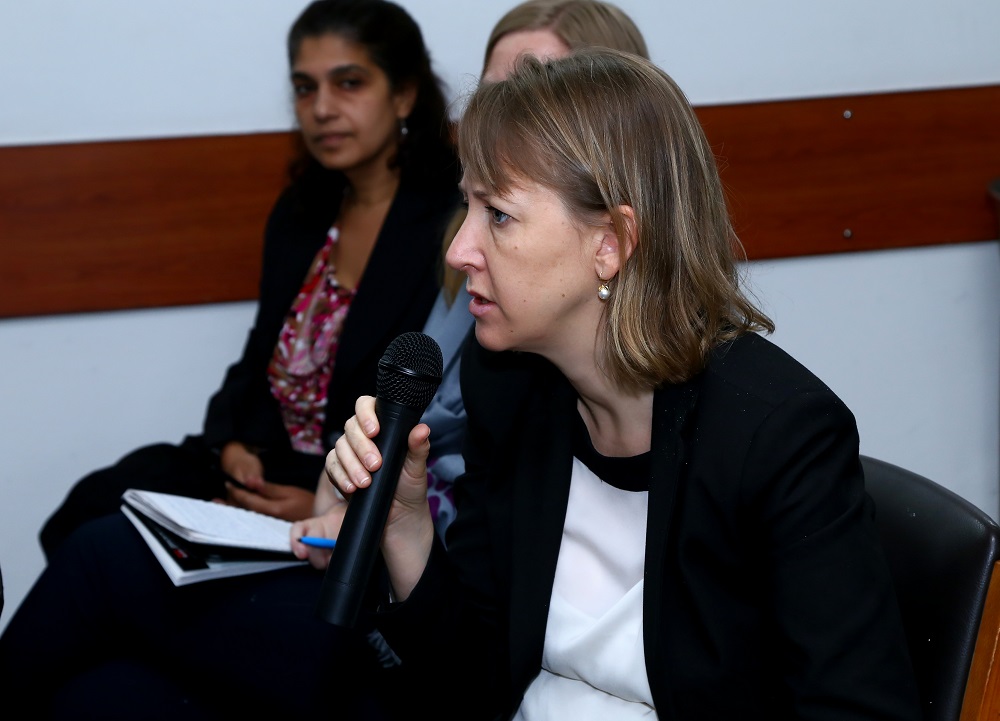
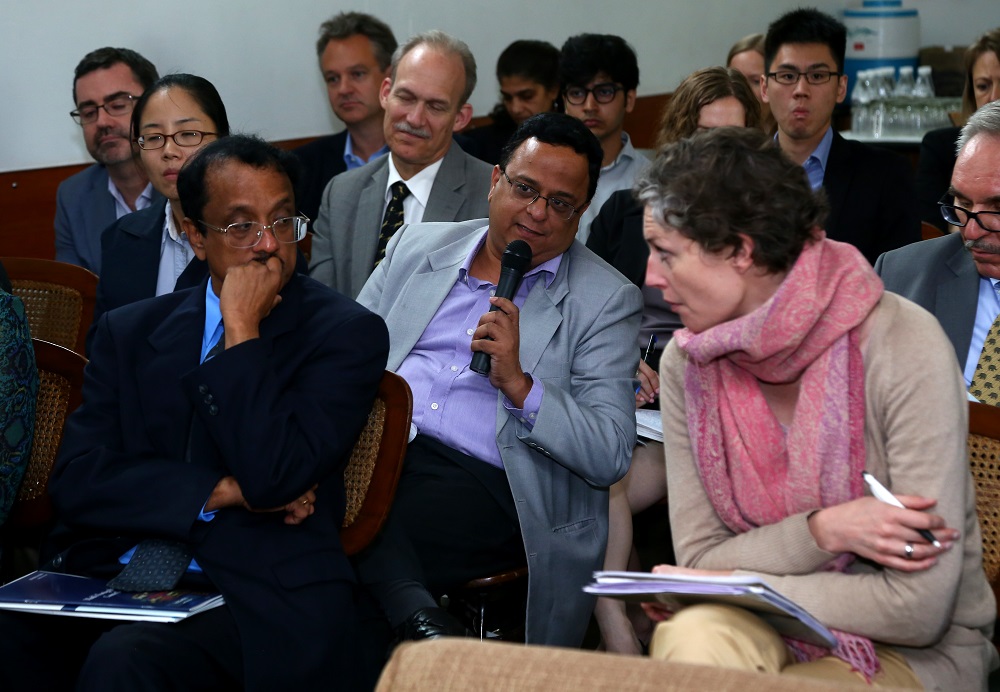
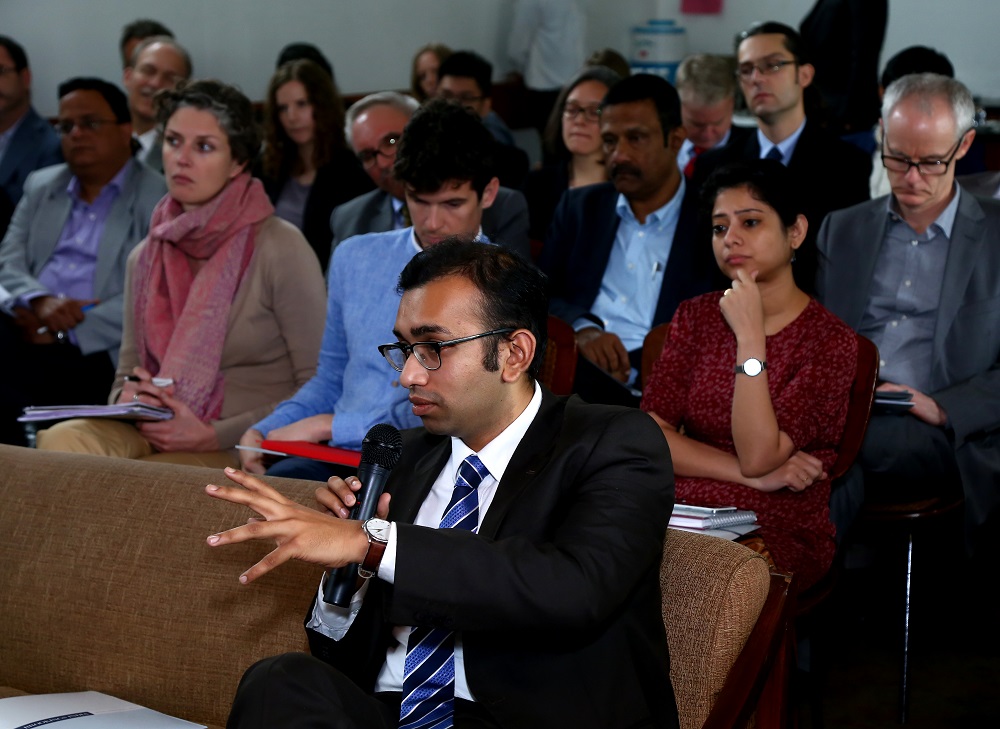
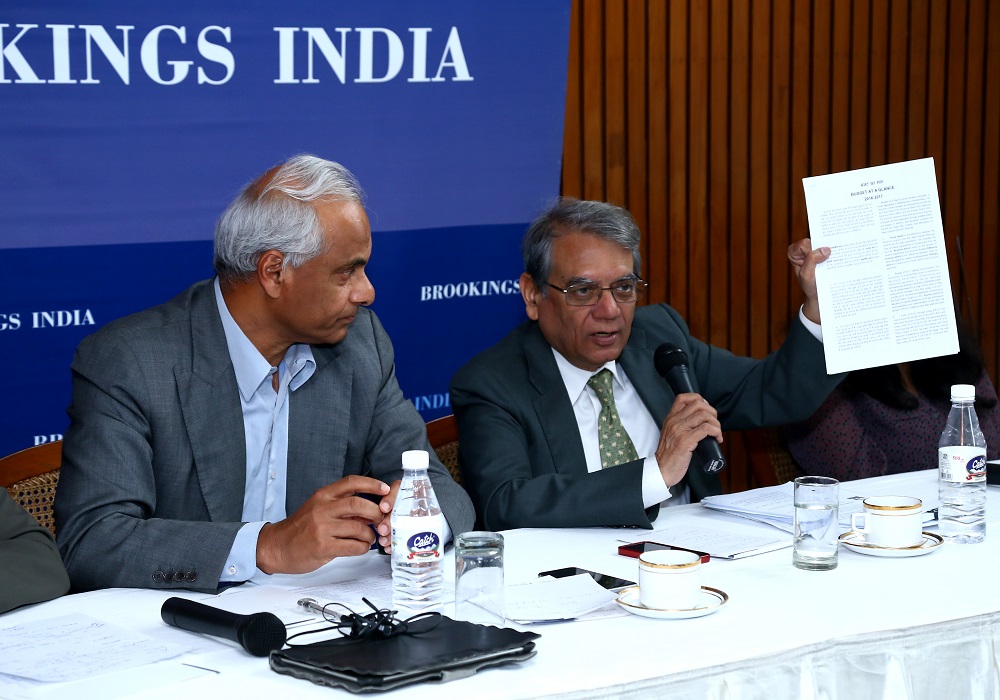
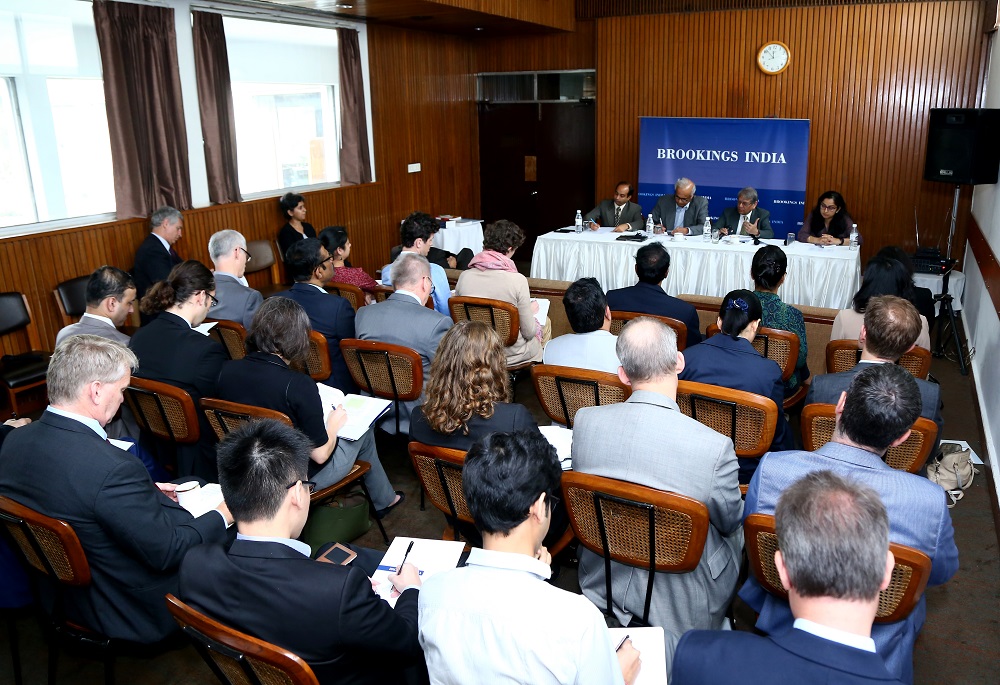
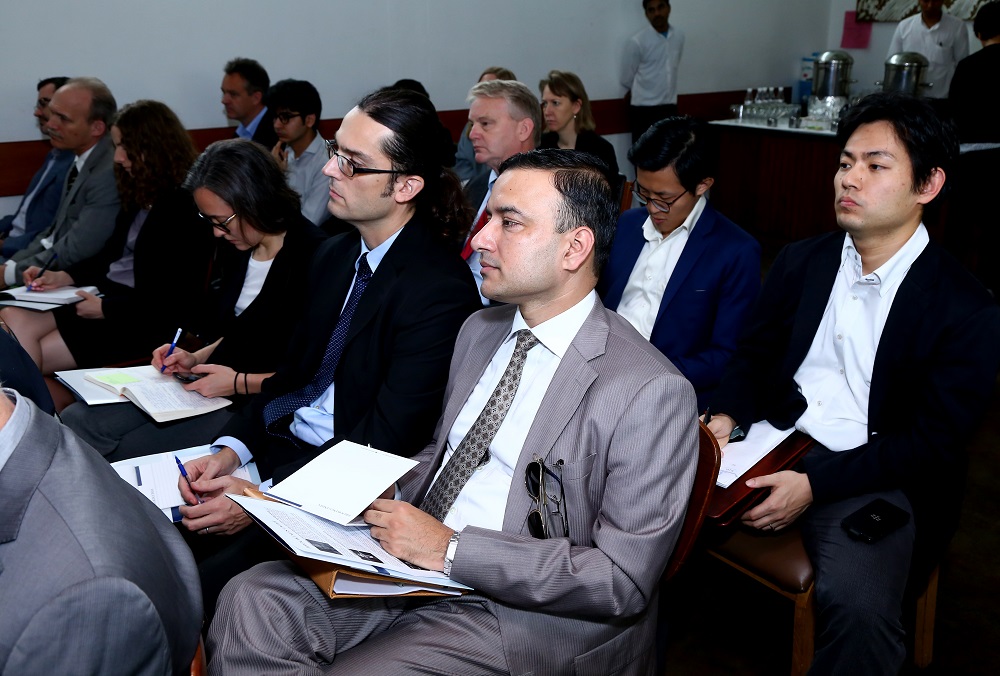
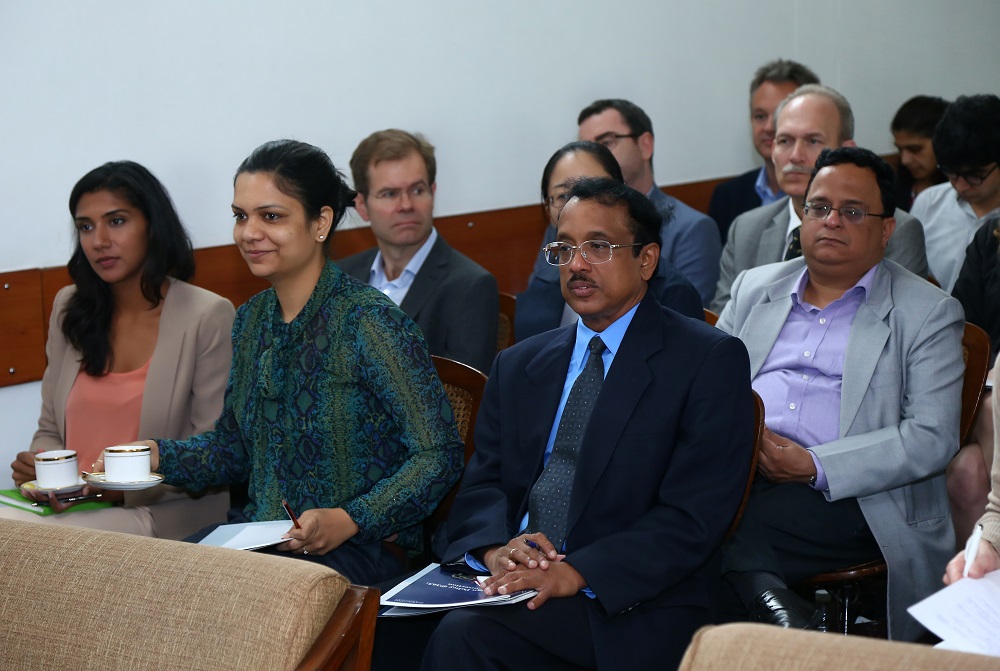
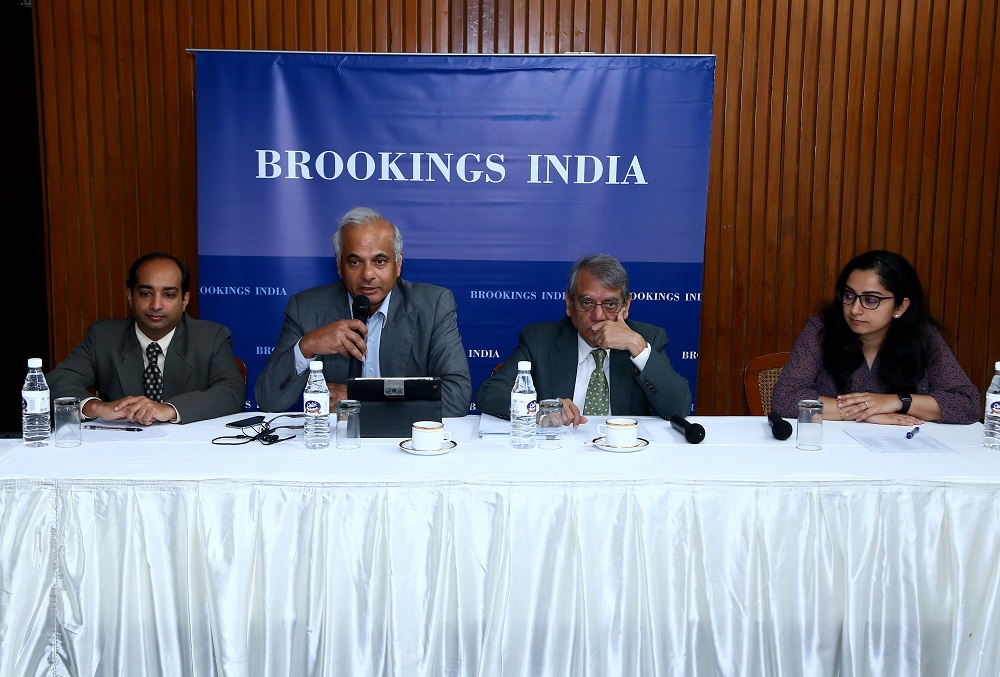
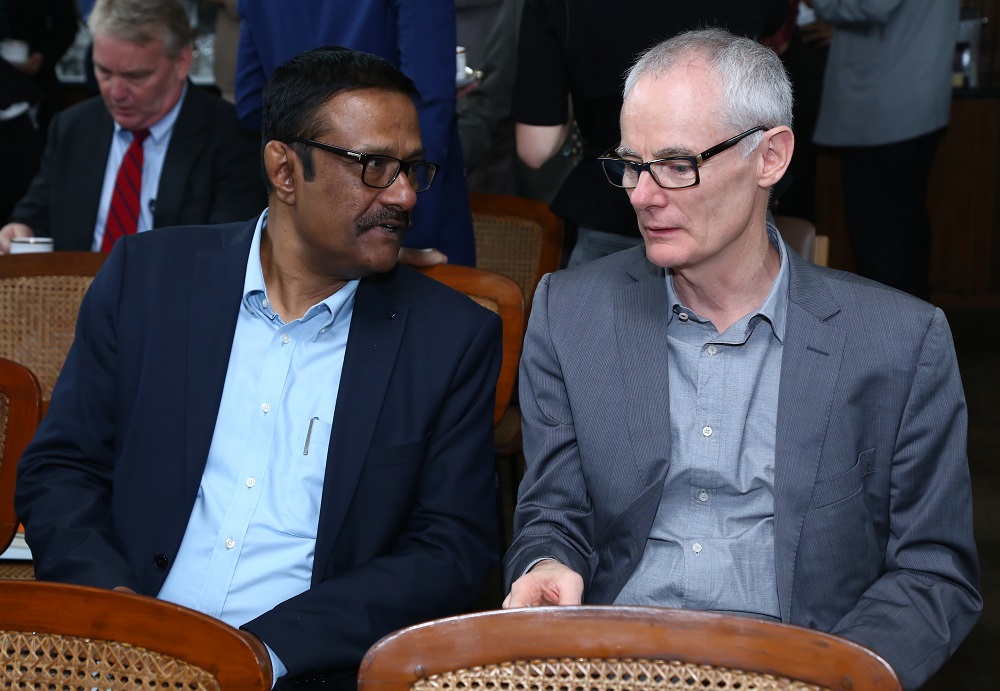
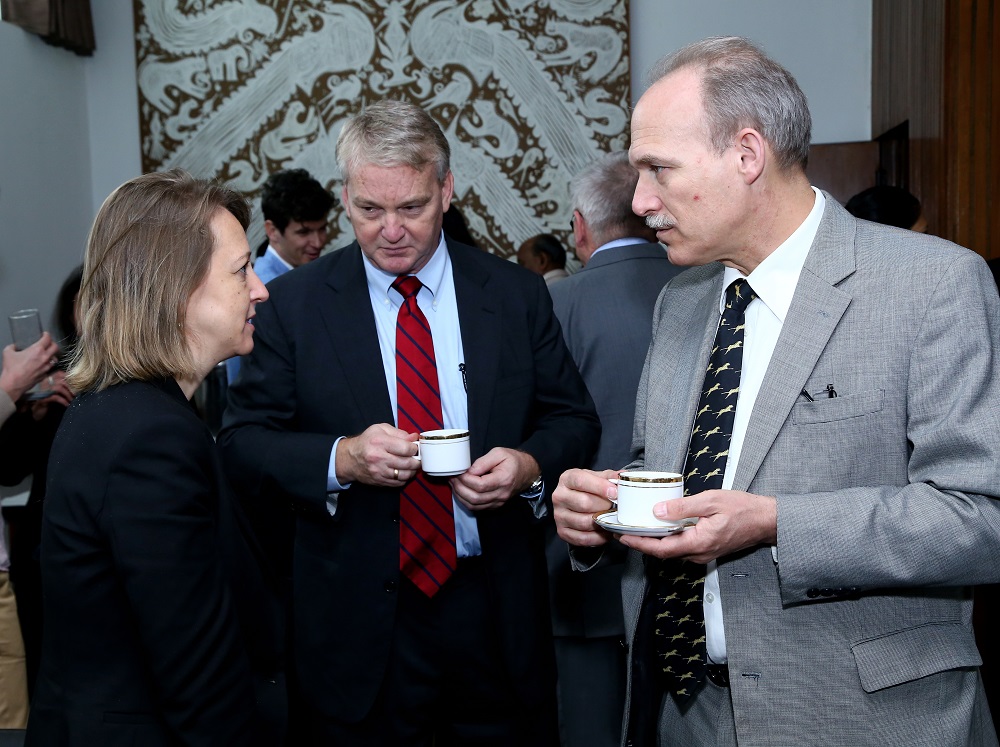

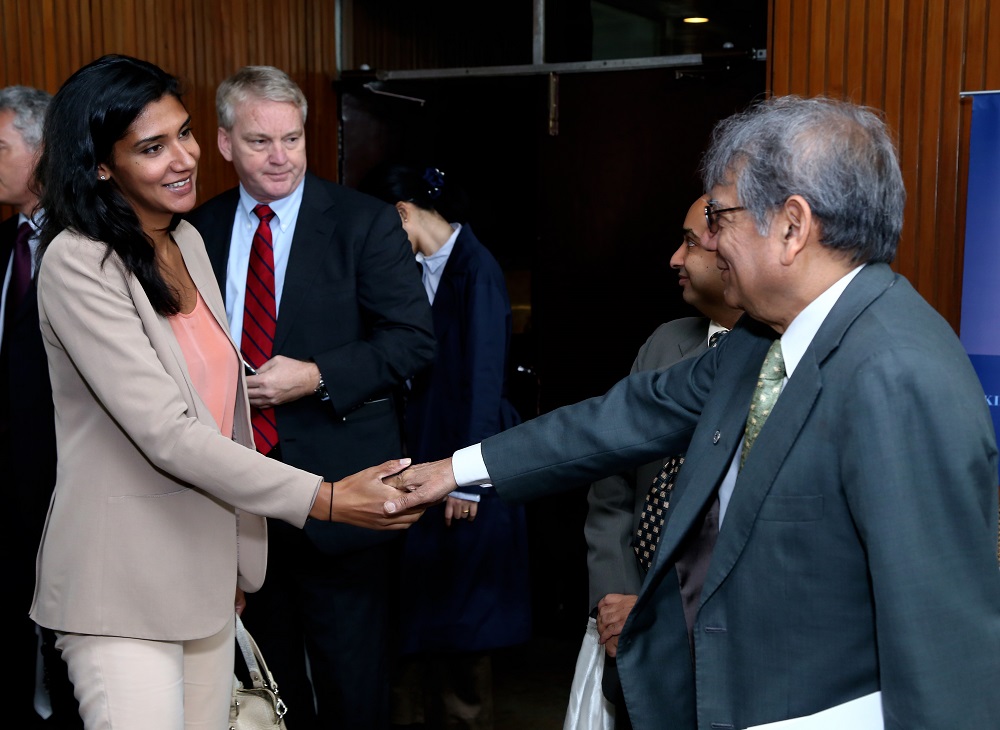
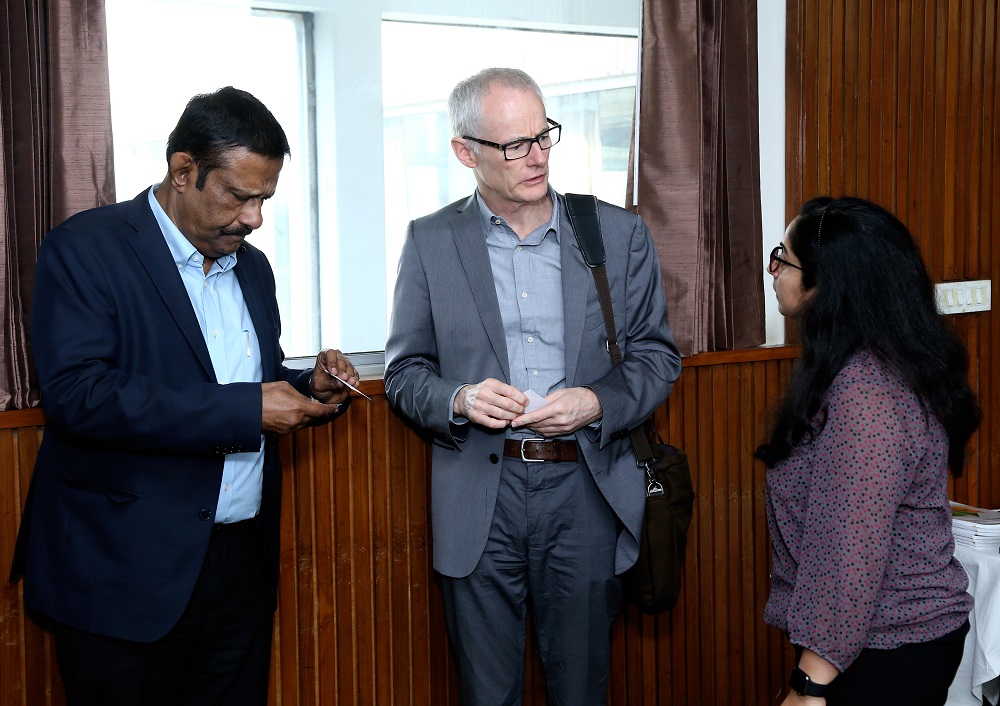
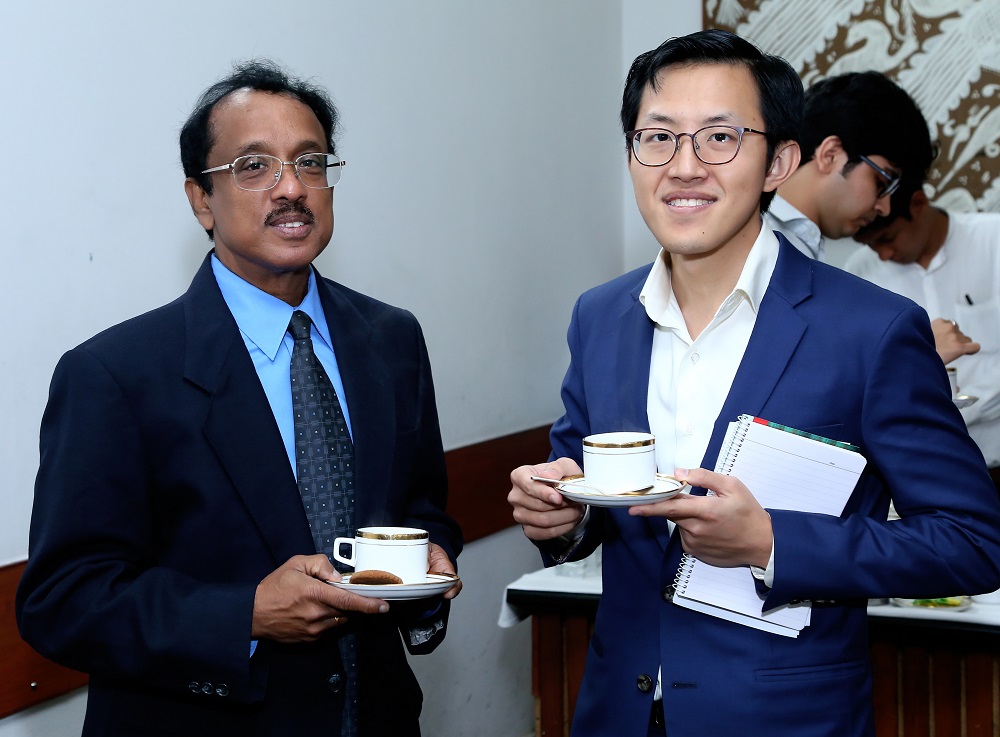
Views expressed during the discussion were those of the speakers and may not reflect those of the Brookings Institution India Center.
Read our comprehensive analysis of the Budget 2016.
Hear the audio recording of Vikram Singh Mehta on the Budget 2016

Rahul Tongia, Anurag Sehgal, Puneet Kamboj
2020
Online Only
Tuesday, 4:00 am - 5:40 am IST

Saneet Chakradeo
August 18, 2020